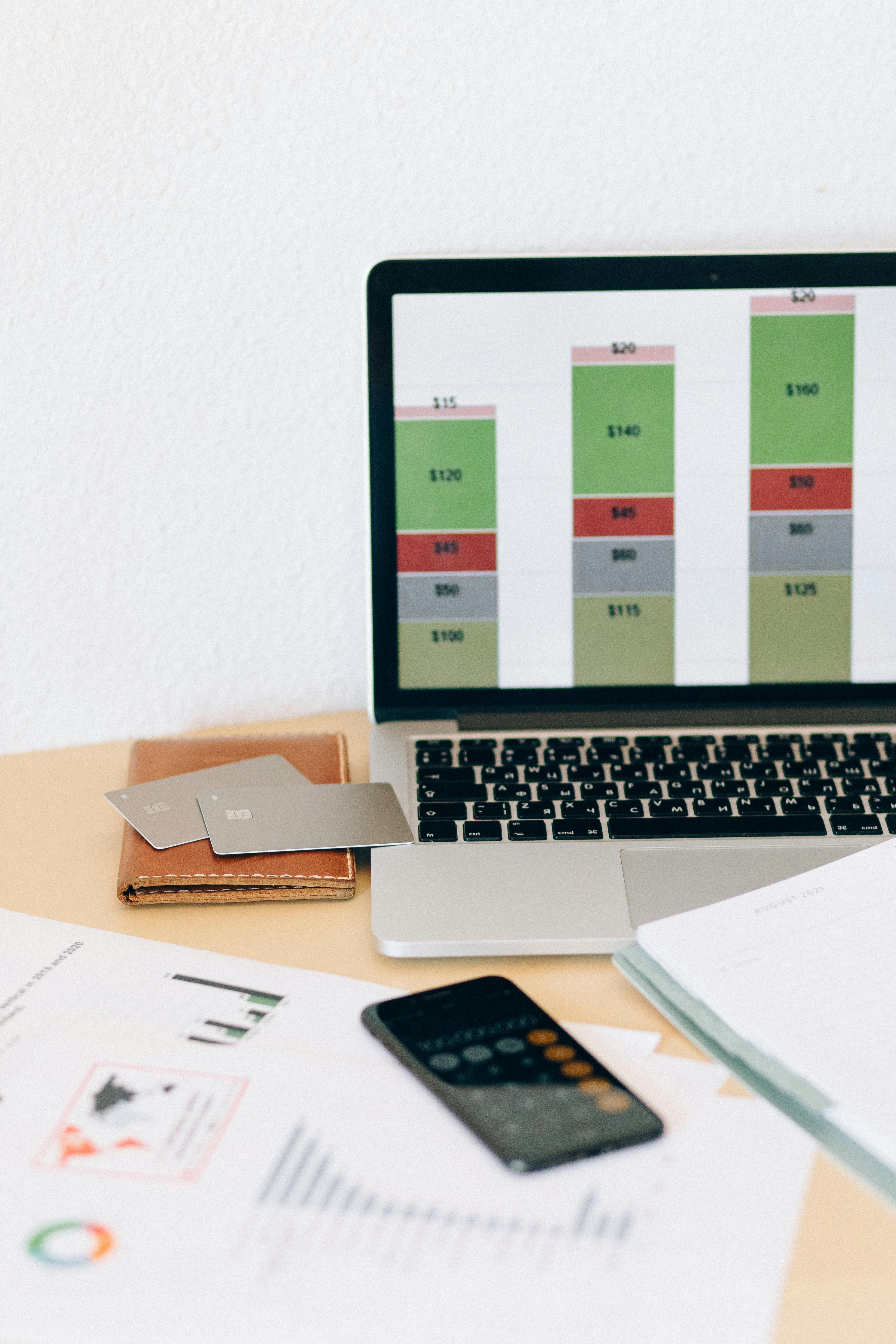Effective Methods for Peeling Hard Boiled Eggs Easily in 2025

Apply Now


Smart Ways to Peel Hard Boiled Eggs Effortlessly in 2025
Essential Tips for Perfect Hard Boiled Eggs
Understanding the Cooking Process
To achieve the best method for peeling eggs, it’s crucial to start with well-cooked eggs. Hard-boiled eggs typically require boiling for about 10-12 minutes, depending on your desired consistency. The key is to begin by placing your eggs in cold water and bringing them to a boil gradually. This method minimizes the risk of cracking and ensures that the shells will come off easily post-cooking. Furthermore, the type of eggs you choose makes a difference. Older eggs tend to peel more efficiently because the pH level of the egg whites increases over time, allowing for easier egg shell removal. Fresh eggs, on the other hand, can be stubborn and may result in frustrating peeling experiences.Cooling Techniques for Easy Peeling
After boiling, transferring your eggs to an ice bath is a popular technique among culinary enthusiasts. This simple kitchen tip for eggs stops the cooking process, allowing the eggs to cool rapidly. Placing the eggs in cold water cracks the shells slightly, creating air pockets that make them easier to peel. After cooling for at least 5 minutes, you can further improve your peeling process by gently tapping the egg on a hard surface to loosen the shell, preparing it for a smooth removal. This method is often referred to as the "try peeling under water" technique, as you can handle the egg and remove the shell while it's submerged, avoiding messy egg fragments.Adding Ingredients for Improved Peeling
Consider adding a teaspoon of salt or vinegar to the boiling water. Salt can help with the shells' permeability, making them easier to peel, while vinegar helps to soften the eggshell, enhancing the peeling experience. This easy egg peeling technique is backed by many egg enthusiasts who swear by it, emphasizing how these minor adjustments can lead to perfect boiled eggs every time. Link: You can find more detailed discussions about various egg boiling techniques [here](https://howcraft.info/?p=1714).Best Methods for Peeling Eggs Quickly
Egg Perforation Method
One innovative trick to peel hard boiled eggs easily is the egg perforation method. This technique involves piercing a small hole in the wide end of the egg before boiling. It creates space for steam to escape during cooking, which can help separate the membrane from the shell. By using a pin or a specialized egg perforation tool, you can prevent the shells from cracking and improve overall peeling efficiency. Not only does this method save time, but it also eliminates the chances of unpleasant shell fragments on your boiled eggs.Peeling Eggs in Cold Water
Another simple but effective method is peeling eggs in cold water. After removing your eggs from the boiling pot, simply submerge them in cold water or place them in a bowl with cold water. The water pressure helps to lift the shells away from the egg white, allowing for smoother removal. This not only speeds up the peeling process but also ensures that you avoid damaging your beautifully cooked eggs.Exploring Egg Peeling Gadgets
For those who enjoy kitchen gadgets, there are numerous egg peeling tools available in stores. These specialized devices can save you plenty of time and effort. Some gadgets utilize gentle shaking or suction to help remove the shell without any hassle. Investing in such tools may be the right choice if you frequently cook hard-boiled eggs. Link: For more culinary tools that can assist with egg preparation, check out [this resource](https://howcraft.info/?p=1719).Common Mistakes to Avoid When Peeling Eggs
Not Cooling Eggs Immediately
A common mistake many home cooks make is not cooling the eggs immediately after boiling. Failing to cool them properly can result in rubbery whites and make the shell more difficult to remove. Always remember to transfer your eggs directly to an ice bath post-cooking to preserve their quality and aid in the peeling process.Poor Boiling Techniques
Another issue arises from improper boiling techniques. Overcrowding a pot can lead to uneven cooking and increased risk of cracking. Make sure to use a pot that allows each egg enough space to move freely. Sticking to a gentle boil rather than a rolling boil will also help maintain the integrity of the shells.Neglecting Egg Quality
Freshness plays a vital role in the peeling process. As mentioned earlier, older eggs peel more cleanly. Therefore, always check the expiration date and avoid using the freshest eggs available if you’re looking to perfect your egg shell removal strategy.Practical Egg Storage and Cooking Hacks
Choosing the Best Eggs for Boiling
When selecting eggs for boiling, look for those that are a few days old, as they will yield better results in terms of peeling. Check for any signs of aging, such as a slightly heavier shell or spots of discoloration. In doing so, you ensure optimal results each time you boil. It's also essential to store your eggs properly, keeping them in their original carton in the refrigerator.Perfecting Hard Boiled Egg Recipes
Once you’ve mastered how to peel hard boiled eggs, consider trying various recipes that highlight this staple. Whipped deviled eggs, egg salad, and classic egg sandwiches are just a few delicious options. Each recipe allows you to showcase your culinary skills while enjoying the nutritional benefits of eggs.Enhancing Flavor and Presentation
Experiment with adding spices or herbs during the boiling process for an extra burst of flavor. A sprinkle of seasoning just before serving can also elevate your presentation and enhance the taste of your soft hard boiled eggs.Expert Recommendations for Egg Peeling Success
Consult Culinary Techniques and Tools
Engage with expert recommendations for kitchen egg essentials that streamline the peeling process. Utilize culinary science insights to ensure you get the most out of your egg preparation. Techniques like boiling eggs with vinegar, trying egg cooling methods, and allowing eggs to rest post-cooking will all contribute to your success.Tracking Your Egg Boiling Temperatures
Keep a record of the types of eggs you choose and how each performs under various boiling temperatures. Note any reactions you observe, such as how old or fresh eggs peel differently under similar conditions.Maintaining Egg Refrigeration for Freshness
Ensure that your eggs remain fresh by adhering to recommended storage durations. Eggs typically last 3-5 weeks in the refrigerator, but for optimal results, always aim to use them within their best-by dates.FAQs on Peeling Hard Boiled Eggs
How can I make peeling eggs easier?
Using older eggs, placing them in an ice water bath post-boiling, and incorporating salt or vinegar can significantly ease the peeling process.How long should eggs boil for perfect hard boiled results?
For the ideal hard boiled egg, aim for boiling them for 10-12 minutes, followed by shocking them in an ice bath.Are there tools that help with egg peeling?
Yes, there are various gadgets available, from simple egg piercers to specialized peelers designed to make the task effortless.What are common problems I should look out for?
Watch for cracking during the boiling process, which can cause shelling issues, and ensure you cool the eggs immediately after cooking for better results.How can I prevent egg yolks from developing a green ring?
To avoid this, prevent overcooking by managing boiling times and immediately cooling eggs in an ice bath post-cooking.
